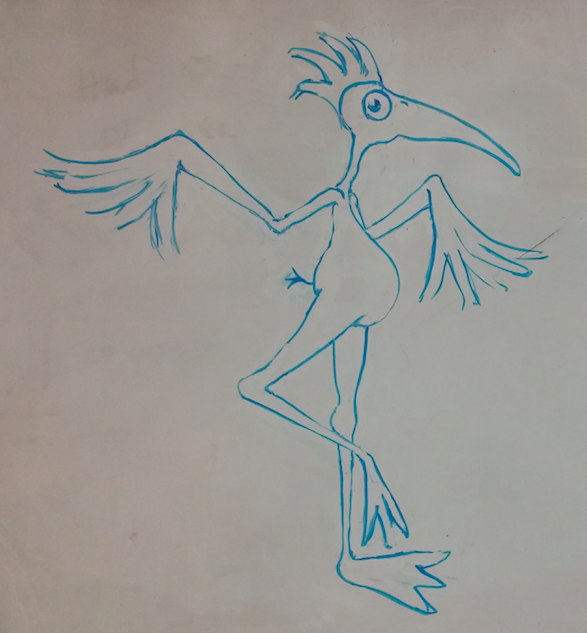Today I arrived in Chicago for the first time in many years. I am here for a professional meeting, with an extremely compressed schedule, so I suspect that I will not have time to see much of the city this time around.
Yet from the moment I got off the Blue Line and started to walk through the streets, crossing the Chicago River on one of those beautiful old Richard Serra colored footbridges, I could feel, all around me, the unique atmosphere of this place. The high thrusting buildings of brick, steel and glass are invigorating, assertive, with a kind of brisk take-no-prisoners feeling that makes me understand why Carl Sandburg fell in love with this place.
Yet there was something more, something just outside of the reach of my conscious mind. After walking a few blocks, I suddenly realized what it was: From the moment I had gotten out of the subway, I’d been nursing an earworm, way in the back of my mind.
And in one moment of revelation I realized what it was: The lyrics to a song from Pal Joey, a 1940 stage musical by Rodgers and Hart that I had not thought of for many years, that I had once performed in as a teenager. It turns out that I had remembered all the words.
Here they are, for your enjoyment and cultural edification:
There’s a great big town
On a great big lake
Called ChicagoWhen the sun goes down
It is wide awake
Take your ma and your pa
Go to ChicagoBoston is England
N’Orleans is France
New York is anyone’s
For ten cents a danceBut this great big town
On a great big lake
Is America’s first
And Americans make
Chicago!
